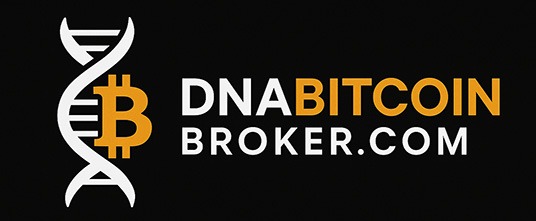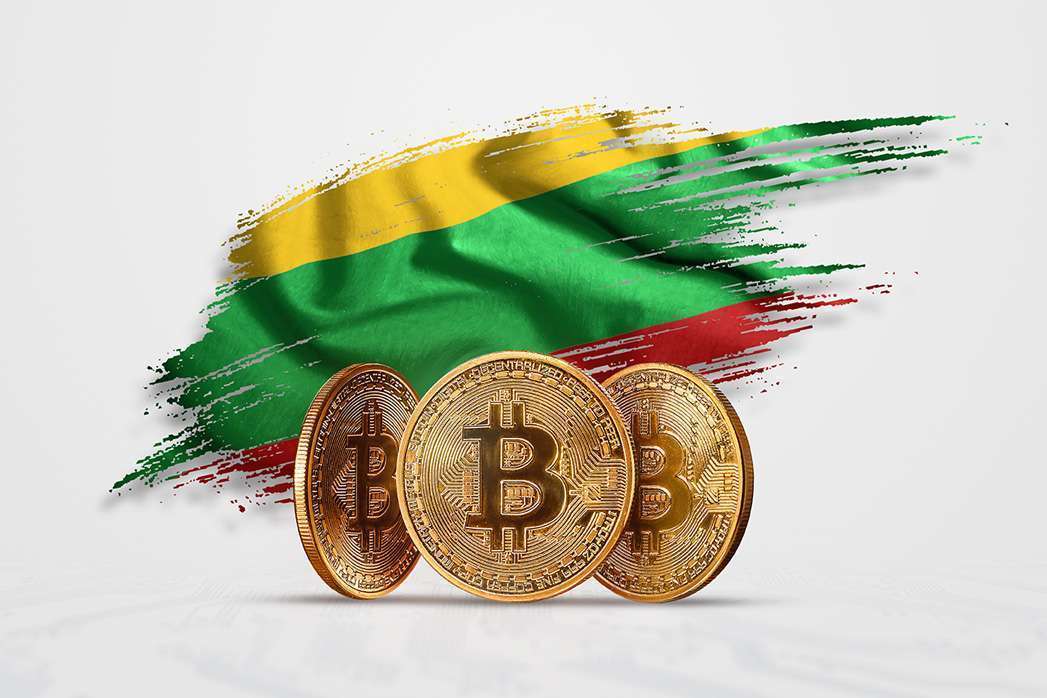Why Lithuania is the Top Choice for Your MiCA License
Due to its rapid expansion, the cryptocurrency market needs standardised regulatory standards. The EU’s Markets in Crypto-Assets (MiCA) Regulation provides essential guidelines for developing straightforward and secure regulatory procedures for the crypto business marketplace. MiCA establishes consumer protections by providing anti-money laundering regulations while promoting progress in banking operations.
Lithuania has become the top choice for European crypto companies seeking a MiCA license. With the full implementation of MiCA at the end of 2024, this is the ideal time to understand why Lithuania is the top destination for crypto business licensing and growth.
1. A Strategic Gateway to the EU
EU membership gives Lithuania its spot as a port of entry for crypto companies which need market access across the entire European region. Acquiring a MiCA license in Lithuania allows companies to serve the EU as a whole market through passporting rules without requiring numerous licenses across multiple territories.
The Bank of Lithuania demonstrates both technological progressiveness and innovation friendliness to share responsibility between encouraging new technology and ensuring financial stability. Crypto firms find Lithuania appealing because its regulatory environment supports cryptocurrency affiliate businesses.
2. A Clear and Efficient Licensing Process
Lithuania has a very straightforward and efficient licensing process through MiCA, which introduces standardised regulations for crypto-asset service providers like crypto exchanges, wallet services, and token issuers.
So, what is Lithuania’s regulatory system all about?
- – Robust Business Planning: Applicants to outline their business operations, risk management strategies, and consumer protection measures.
- – Strong Consumer Protection: Companies must disclose the risks and nature of their crypto assets.
- Strict AML/CFT Compliance: To align with EU reservations, firms must adhere to Anti-Money Laundering (AML) and Counter-Terrorism Financing (CFT) regulations.
Thanks to this new approach, Lithuania minimises unnecessary delays and gives one of the best licensing experience processes.
3. Less Expensive Business Environment
Thanks to its cost-effective business environment, Lithuania stands out from other EU countries like Germany and the UK. How? One may wonder.
- – Lower Labour Costs: Hiring professionals and the compliance process is more affordable in Lithuania than most European countries.
- – Reduced Regulatory Burden: The Bank of Lithuania provides clear guidelines, efficient processes, and less bureaucracy, making licensing more accessible.
Lithuania provides lower operational costs and a straightforward licensing framework, hence a strong competitive advantage over its counterparts.
4. Fast-Paced Fintech Environment
Lithuania is home to one of Europe’s fastest-growing fintech hubs, attracting top financial technology companies and investors worldwide. This thriving ecosystem offers:
- – Access to the Best Technology: A well-developed digital infrastructure benefits companies.
- – A Collaborative Business Community: Lithuania ensures innovation through partnerships between fintech firms, crypto businesses, and regulatory bodies.
- – Significant Foreign Investment: The country’s forward-thinking financial policies continue to attract global investment in crypto and fintech.
This dynamic environment creates the perfect foundation for crypto companies looking to scale and innovate.
5. Lithuania’s Leadership in MiCA Implementation
Since establishing the entire regulatory framework, Lithuania has proactively licensed every business under MiCA. Companies conducting business in the Bank of Lithuania territory can benefit from its strict compliance protocols, which ensure a smooth transition.
Why this matters:
- – Transparent Licensing Process: The Bank of Lithuania values clarity, integrity, and efficiency when approving MiCA licenses.
- – Strong Legal Framework: Robust AML and CFT regulations in line with MiCA standards.
MiCA in Lithuania guarantees compliance, stability and long-term success for crypto firms.
6. Expanding Business Opportunities Across Europe
With a MiCA license from Lithuania, crypto businesses can quickly expand across the EU, creating countless growth opportunities. Advantages include:
- – Market Stability: MiCA’s framework boosts investor confidence, attracting more investors.
- – Simplified Cross-Border Trade: Businesses benefit from the ability to operate across all EU countries under a single license.
This strategic positioning enables businesses to tap into new markets and bring more collaborations to the European crypto space.
Why Lithuania is the Right Choice for Your MiCA License
Through MiCA, the 2025 crypto landscape is already filled with fundamental changes as it introduces standardized rules that guarantee transparency and security while protecting consumer rights. Lithuania attracts financial companies seeking MiCA licenses through its speedy licensing process, favourable business climate, and robust technology ecosystem.
Businesses possessing licenses from the Bank of Lithuania under the MiCA framework are optimised for success in the European market. Lithuania positions itself as the ideal destination for crypto firms which need regulatory clarity and financial benefits to expand their market operations.
Image Source: Adobe Stock
Disclaimer: This article is purely for informational purposes. It is not offered or intended to be used for legal, tax, investment or financial advice.


